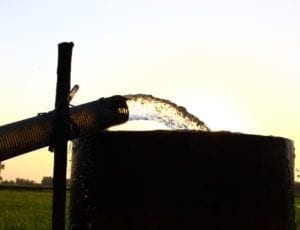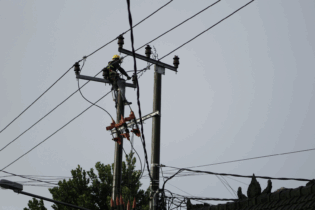South Africa is a water-scarce country and rated the 30th driest in the world; with a rapidly increasing population.
This is based on its average rainfall of 500mm compared to the world average of 860mm. The need for water security, particularly in the face of global climate change cannot be emphasized more. Added to the challenge of water scarcity is the likely increase in water use due to COVID-19 as communities are encouraged to use water and soap as a means of practicing good hygiene to flatten the curve of the pandemic. It is for this reason that the Department of Water and Sanitation (DWS) welcomes the recent launch of the first underground water supply project from the Table Mountain Group (TMG) aquifer by the City of Cape Town (CoCT).The aquifer, which is believed to be the largest in the world at a depth of 710 meters below the ground, is a perfect model of how the exploration of alternate water sources can go a long way to augment water supply in the face of climate change.
This is also line with the National Water and Sanitation Master Plan which advocates less reliance on surface water. While groundwater has the potential to enhance water security, we appeal to local authorities and all water users to follow guidelines regulating groundwater exploration. We have seen unprecedented illegal drilling of water during the drought in 2017/18 and this can be unsustainable thus threatening not just the source but ultimately the environment. Responsible use of groundwater can assist with the required augmentation of sources that the country needs. By Department of Water and Sanitation (Western Cape)






